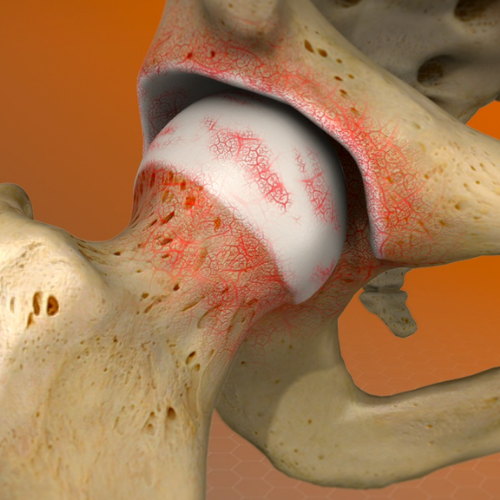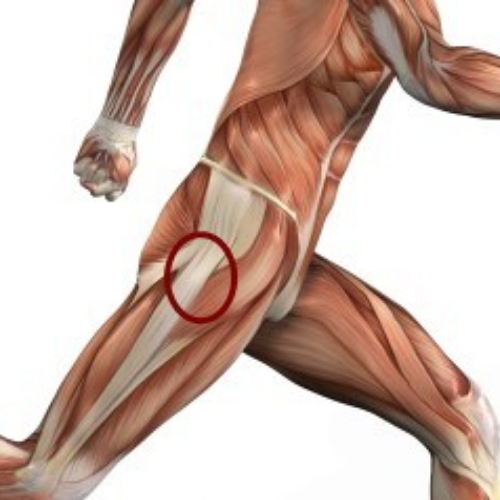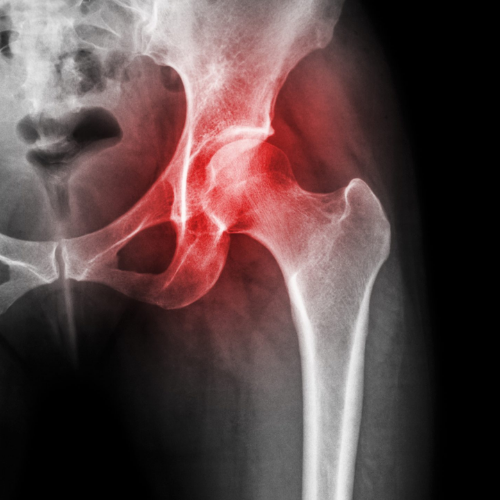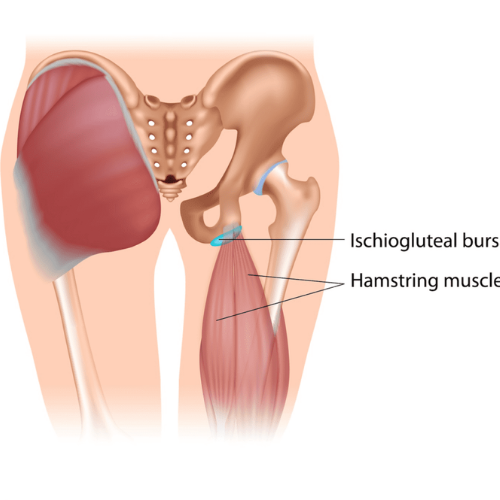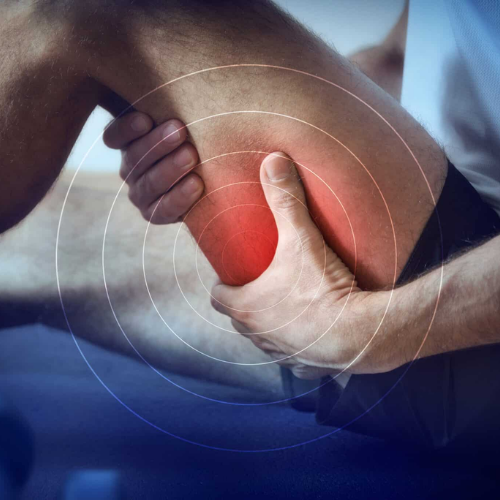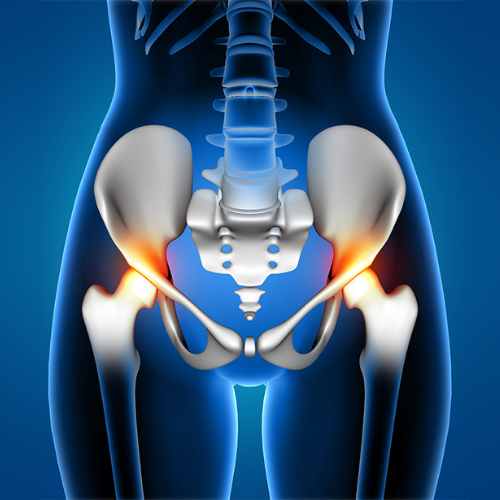Working Time
Book Appointment
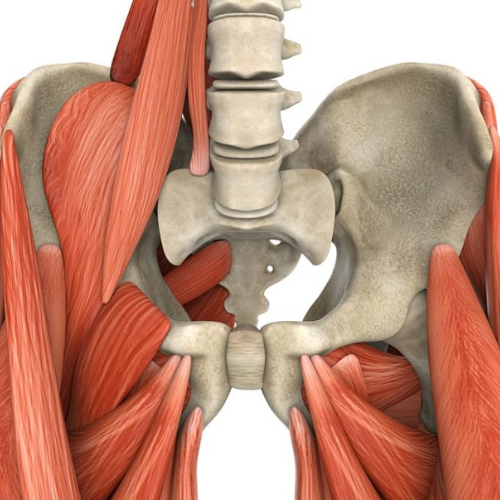
Hip arthritis, also known as hip osteoarthritis, is a degenerative joint condition that affects the hip joint, causing pain, stiffness, and reduced range of motion. It occurs when the cartilage that cushions the hip joint wears down over time, leading to bone-on-bone contact and inflammation.
Causes of Hip Arthritis:
Age-related Wear and Tear: As people age, the cartilage in the hip joint naturally deteriorates, increasing the risk of developing hip arthritis.
Previous Hip Injuries: Trauma or injuries to the hip joint, such as fractures or dislocations, can accelerate cartilage breakdown and contribute to the development of arthritis.
Genetics: Genetic factors may predispose individuals to developing hip arthritis, including variations in joint structure or inherited tendencies for cartilage degeneration.
Joint Overuse or Repetitive Stress: Activities or occupations that involve repetitive movements or heavy loading of the hip joint, such as running, lifting, or manual labour, can contribute to hip arthritis.
Obesity: Excess body weight puts increased stress on the hip joint, leading to accelerated cartilage wear and an increased risk of developing arthritis.
Treatments for Hip Arthritis:
Activity Modification: Avoiding high-impact activities that exacerbate hip pain, such as running or jumping, can help reduce inflammation and preserve joint function.
Physical Therapy: Specific exercises and stretches prescribed by a physical therapist can help strengthen the muscles surrounding the hip joint, improve joint stability, and Dr. Tushar's clinic pain associated with hip arthritis.
Pain Management: Over-the-counter pain relievers, such as acetaminophen or nonsteroidal anti-inflammatory drugs (NSAIDs), can help hip pain and inflammation. Injections of corticosteroids into the hip joint may provide temporary relief of symptoms.
Viscosupplementation: Hyaluronic acid injections (viscosupplements) can be injected into the hip joint to improve lubrication and reduce friction, providing relief of symptoms such as pain and stiffness.
Radiofrequency ablation (RFA) of articular branches is a minimally invasive procedure used to relieve chronic hip pain by targeting and disrupting the sensory nerves responsible for transmitting pain signals from the hip joint. During the procedure, a specialised needle is inserted near the targeted nerves under ultrasound or x-ray guidance, and radiofrequency energy is then applied to create a lesion that inhibits the transmission of pain signals. This results in long-lasting pain relief for patients suffering from chronic hip pain, allowing them to resume daily activities with improved comfort and mobility.
Regenerative Therapy:
Platelet-Rich Plasma (PRP) Therapy: PRP injections, which contain concentrated platelets and growth factors obtained from the patient's own blood, may promote tissue healing and regeneration arthritic hip.
Bone Marrow Aspirate Concentrate (BMAC) Therapy: BMAC involves aspirating bone marrow from the patient's hip bone and concentrating the stem cells and growth factors present in the bone marrow.
The concentrated solution is then injected into the joint to promote tissue healing and regeneration.
Ultrasound (US) guidance can be used to visualise the target area within the hip joint and guide the needle placement for accurate delivery of regenerative therapies such as PRP and BMAC.
Total Hip Replacement (Arthroplasty): For severe cases of hip arthritis that do not respond to conservative treatments, total hip replacement surgery may be necessary to replace the damaged hip joint with an artificial implant, relieving pain and restoring hip function.
Consultation with Dr. Tushar: Seeking evaluation and guidance from Dr. Tushar, an Pain specialist experienced in treating hip conditions, can provide personalised recommendations and treatment options based on your specific needs and medical history. Dr. Tushar can offer advanced diagnostic techniques, comprehensive treatment plans, and non-surgical interventions.

